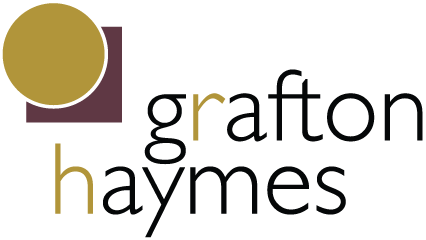Diversity is a subject that arouses strong emotions – whether negative or positive – and which can generate a lot more heat and light than insight. Diversity and Inclusion advocates are often passionate but shoot themselves in the foot with well-intentioned but confused arguments. So what is the benefit of diversity for you? Is your argument about fairness, or about commerciality, about fostering innovation or achieving efficiency? Leveraging diversity may be a part of many successful strategies and to leverage diversity, a company must first acquire it. However companies often have a diversity strategy which
involves acquiring but not leveraging; or they focus on acquiring physical diversity to support a business objective that actually requires diversity of thought.
Diversity and inclusion objectives are widely approved of in corporate life. They are seen as altruistic and socially responsible. But although they win verbal support they don’t necessarily get a budget. They are important but not a priority.
That can be because the objectives that diversity is supposed to support are not stated precisely enough. Why do you want a diverse work force? What will you do to deliver that benefit when you have the diverse work force? Where does achieving it sit in your order of priorities and why?
If you are an altruistic organisation you might want a diverse and inclusive work force because you want everyone to have an equal opportunity to succeed with you. That may come at a cost and the benefits may only be realised after some time. Do you still want it? Relatively, how valuable is it?
If you are an innovative organisation you may want to acquire and leverage diversity of perspective and thought – in this case recruitment and staff development are only the first steps – your strategy also needs to include creating a culture that encourages constructive challenge, receives challenge well and gives new ideas “air cover”. Some organisations desire and recruit talents they don’t have, but then find them hard to live with like grit in an oyster. Instead of turning the grit into a pearl they eject or reject it.
If you are commercial organisation in a fast moving industry aiming to target new market segments, you may have a very precise requirement to recruit and nurture influential articulate employees from those specific segments – a general all-embracing diversity policy will not give you the precise benefits you seek.
In your passion for diversity you may damage your case by claiming benefits that are not proved or which are general rather than specific. Scott Page, Professor of Complex Systems
at the University of Michigan relates how he constructed an experiment to determine whether and when diverse (randomly assembled) teams outperformed the best and brightest. He found that “In Problem-solving, diversity is powerful stuff. It doesn’t always trump ability, but it does so far more often than we’d expect.” So should diversity always get equal billing with expertise? Well sometimes!
Would you prefer a diverse, randomly selected team of people picked off the street to do your brain surgery, or a consultant neurologist and her expert team?
Written by: Sue Sjuve (Diversity and Inclusion Specialist) ![]()
